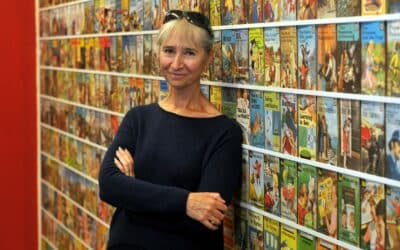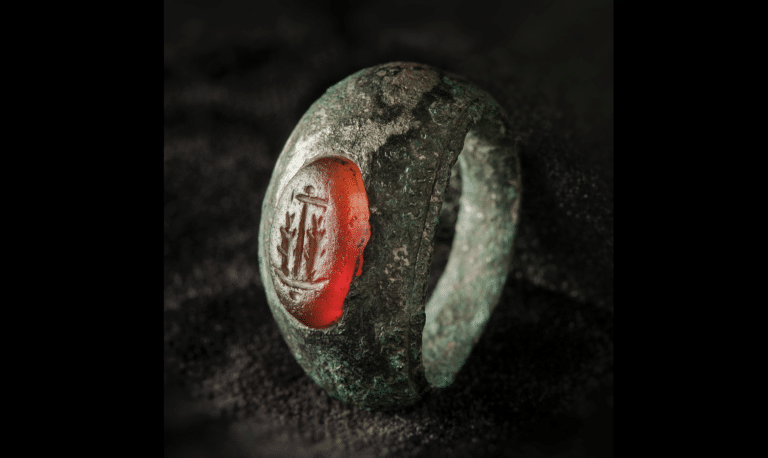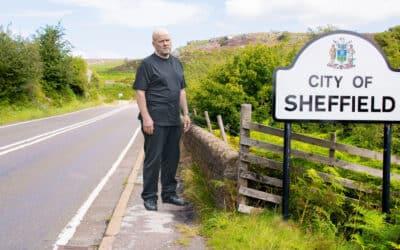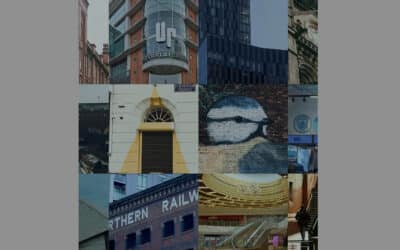It’s been 10 years in the making, but Bishop Auckland’s long-gestating Faith Museum will finally open to the public on October 7, 2023.
The Faith Museum promises to explore “the ways in which faith has shaped lives and communities across Britain through rarely seen objects, national treasures, personal testimonies and contemporary commissions.”
The museum sits at the heart of The Auckland Project’s cultural destination in Bishop Auckland, County Durham, which includes historic buildings, art galleries, gardens, extensive parkland and a heritage railway.
The Faith Museum is part of the wider restoration and redevelopment of The Auckland Project, which has been made possible with a £12.4m grant from The National Lottery Heritage Fund.
The museum’s ground floor traces a path through 6,000 years of faith, beginning in the Neolithic period with the elaborately decorated Gainford Stone and ending in the year 2000.
Other highlights include:
● The Binchester Ring, excavated in 2014 at the nearby Roman Fort Vinovium. This extraordinary silver ring with carved carnelian stone featuring images of an anchor and fish is rare early evidence of Christianity in Britain.
● An early example of evidence of Jewish communities in Britain seen in an extraordinary object from the collection of the Ashmolean Museum, the 13th-century Bodleian Bowl: this decorated bronze vessel is inscribed with the name of Joseph, son of Rabbi Yechiel, a famous scripture scholar of Paris. Joseph lived in Colchester and may have given this bowl to the Jewish congregation there before leaving for the Holy Land.
● A copy of William Tyndale’s English translation of the New Testament from 1536, one of only a small number to have survived. The publication of Tyndale’s Bible was a key moment in English history, helping spread the ideas of the Reformation and serving as the basis for the King James Version.
● A set of 20th-century prayer beads owned by Lord Headley, believed to be the first Briton to have legitimately completed the Hajj pilgrimage to Mecca, having converted to Islam.
Jonathan Ruffer, founder of The Auckland Project, said: “The Faith Museum turned out to be the hardest piece of our jigsaw. We have tried to tell stories which put into context 6,000 years of human endeavour and the restlessness of the human spirit.”
Clare Baron, head of exhibitions at The Auckland Project, added: “We look forward to opening the doors of the Faith Museum to visitors this autumn. The objects and contemporary artworks on display tell the story of how people in Britain have expressed their faith throughout history, often in a very personal way. I’d like to thank all the lenders, artists, advisors and funders who have helped to create a space for us all to reflect on and discuss what faith means to us.”
The Faith museum was created in Collaboration with interfaith leaders, academic specialists, and local communities and will feature more than 250 objects from 50 institutions and private collections across England, Scotland, and Wales as well as the museum’s own collection.














